
Learn more about weight loss surgery at Rocky Mountain Associated Physicians || www.RMAP.com || (801) 268-3800
Regrettably, weight regain can happen after bariatric surgery. It’s actually quite common! Just know that if you have experienced weight gain, you are not alone. Many people fall back into old habits or find themselves still tempted by foods you know won’t help you reach or maintain your goal weight.
Fortunately, with a little help and willpower—as well as determination and commitment—there are ways you can develop a more deliberate mentality and stay on track with your dietary choices. People who tend to “fall off the wagon” or mindlessly consume unhealthy meals routinely, should stop and take a moment to ask themselves these questions first:
- Are you physically hungry? If you are physically hungry, there will be true hunger cues to look for. Such as stomach growling, low energy, shakiness, headaches, and problems focusing.
- Are you angry or stressed with someone or a situation? There really is such a thing called stress eating. When upset or stressed, people tend to turn to food to relieve those emotions. The nervous system sends signals to the adrenal glands on top of the kidneys to pump out adrenaline (also known as epinephrine). This hormone helps trigger the body’s fight or flight response—a supercharged physiological response that puts delays eating. But if these upset or stressed feelings persist, another hormone called cortisol is released as well, which motivates to eat. Cortisol levels should decrease once the stressful or angry episode is over, but if those feelings don’t go away, cortisol stays elevated.1
- Are you actually bored? When people are bored, studies have shown that we attempt to distract ourselves from boredom with food.2 Boredom snacking in between meals leads to consuming more food than your body needs, which sequentially, turns to weight gain.
- Are you emotionally eating? Emotional eating is “eating as a way to suppress or soothe negative emotions, such as stress, anger, fear, boredom, sadness and loneliness.” Fore most, turning to food to cope with emotional eating creates guilt and shame—more hard feelings to navigate.
Misinterpreting Hunger Cues
Listening to your body’s natural cues helps you become more well informed and mindful of what your body really needs. Pay attention to the types of foods you are eating and the amount. Sugary, high saturated-fats, and processed foods aren’t filling, and you will find yourself hungry faster than should you eat unprocessed foods that are high in protein and fiber.
Hunger Vs. Thirst
It may be possible that you are misinterpreting your body’s thirst signals as hunger. Our bodies send the same signal when we are hungry or thirsty, so before you go snacking, try drinking some water and staying well hydrated throughout the day. You should be drinking a minimum of 64 ounces of water daily.
Eating Regularly
Life can get hectic, and it’s true! It’s easy to either forget a meal, or skip a meal simply because of not being prepared. Skipping meals—intentionally or not—often results in being starving later, which can make you more likely to make poor food choices and/or to overeat. Ensuring that you are eating three meals a day is important to keep your energy up so your body performs the tasks of daily living.
Keep Snacking Healthy
Sometimes you do need a little snack in between meals, and that’s okay! Snacks can help manage hunger, stabilize blood sugar, and energize you. Keep your snacks focused on protein and veggies. Eating salty or sweet snacks can make you bloated and hungry faster, and ultimately lead to weight gain.
Overtime you will notice patterns and discover your personal body cues once you get into the habit of listening to your body. It can be a slow process, ending an old habit, but it’s not impossible. Perfection is never the goal, especially at the beginning.
Links to related articles:
Hunger Between Meals
Tips to Help with Hunger
Weight Regain: Living with Fear and Dread
www.RMAP.com
Rocky Mountain Associated Physicians
801-268-3800
1160 East 3900 South, Suite 4100
SLC, UT 84124
Resources:
- Harvard Health Publishing, “Why stress causes people to overeat”; Harvard Medical School; https://www.health.harvard.edu/staying-healthy/why-stress-causes-people-to-overeat
- Andrew B. Moynihan, Wijnand A.P. van Tilburg, Eric R. Igou, Arnaud Wisman, Alan E. Donnelly, and Jessie B. Mulcaire; “Eaten up by boredom: consuming food to escape awareness of the bored self.”; 2015 Apr. 1. Doi: 10.3389/fpsyg.2015.00369; https://www.ncbi.nlm.nih.gov/pmc/articles/PMC4381486/











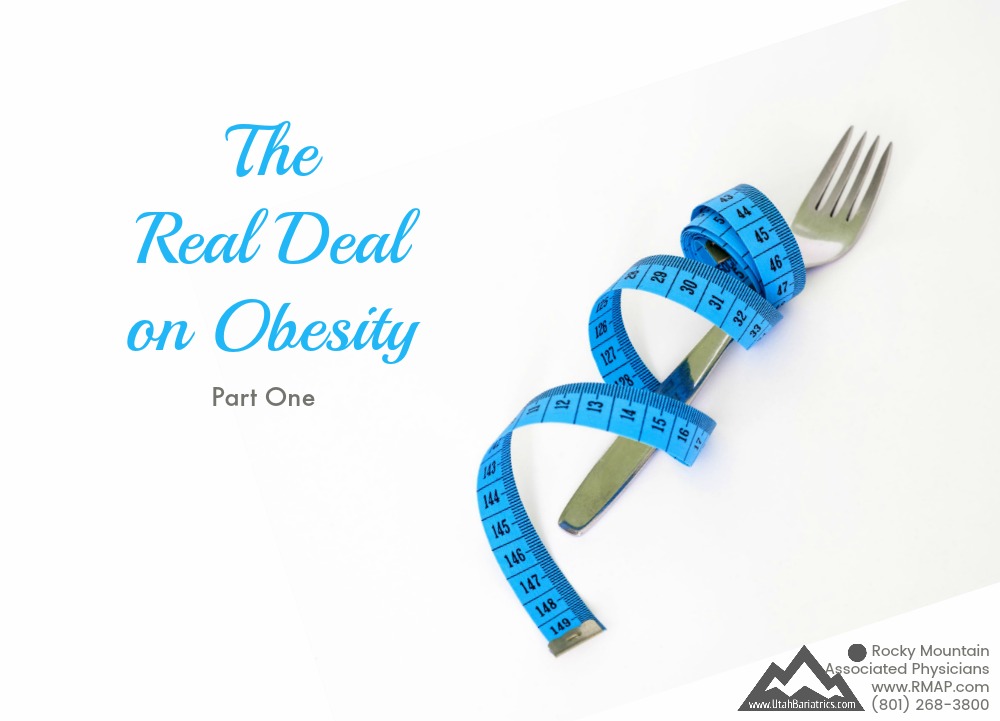
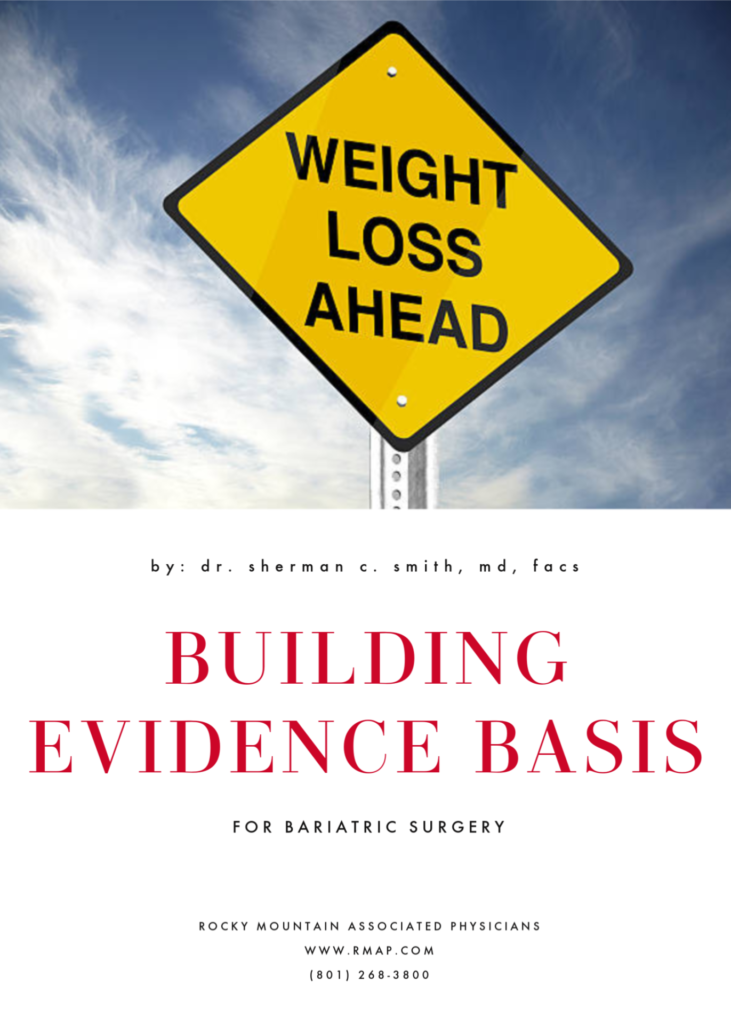
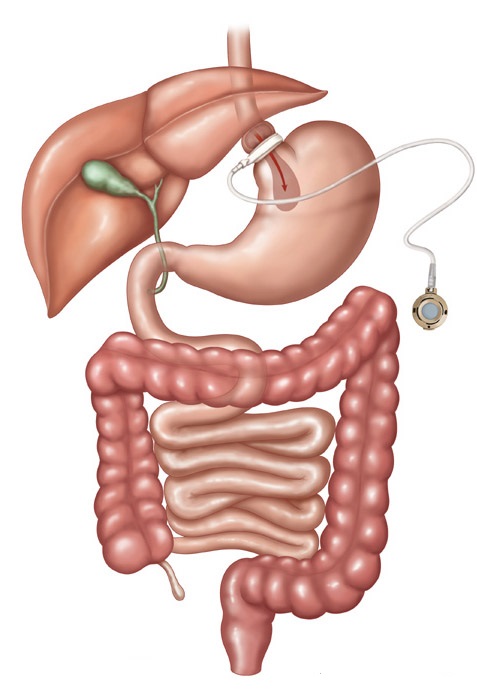
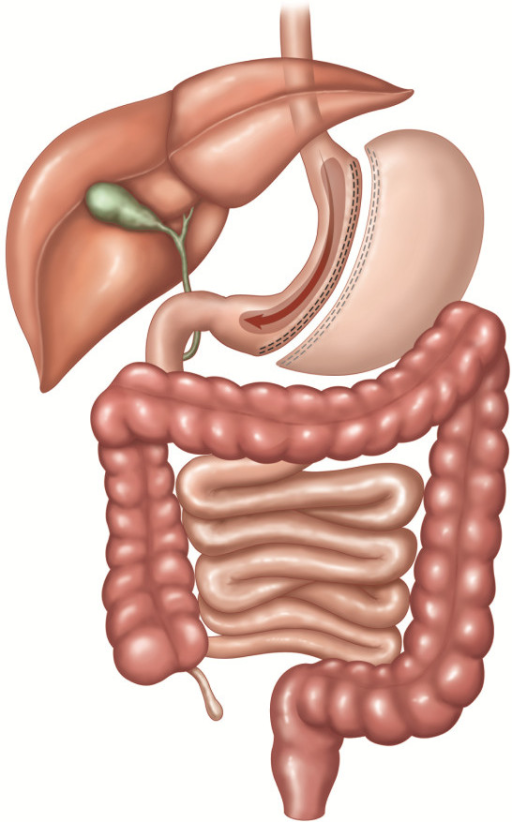
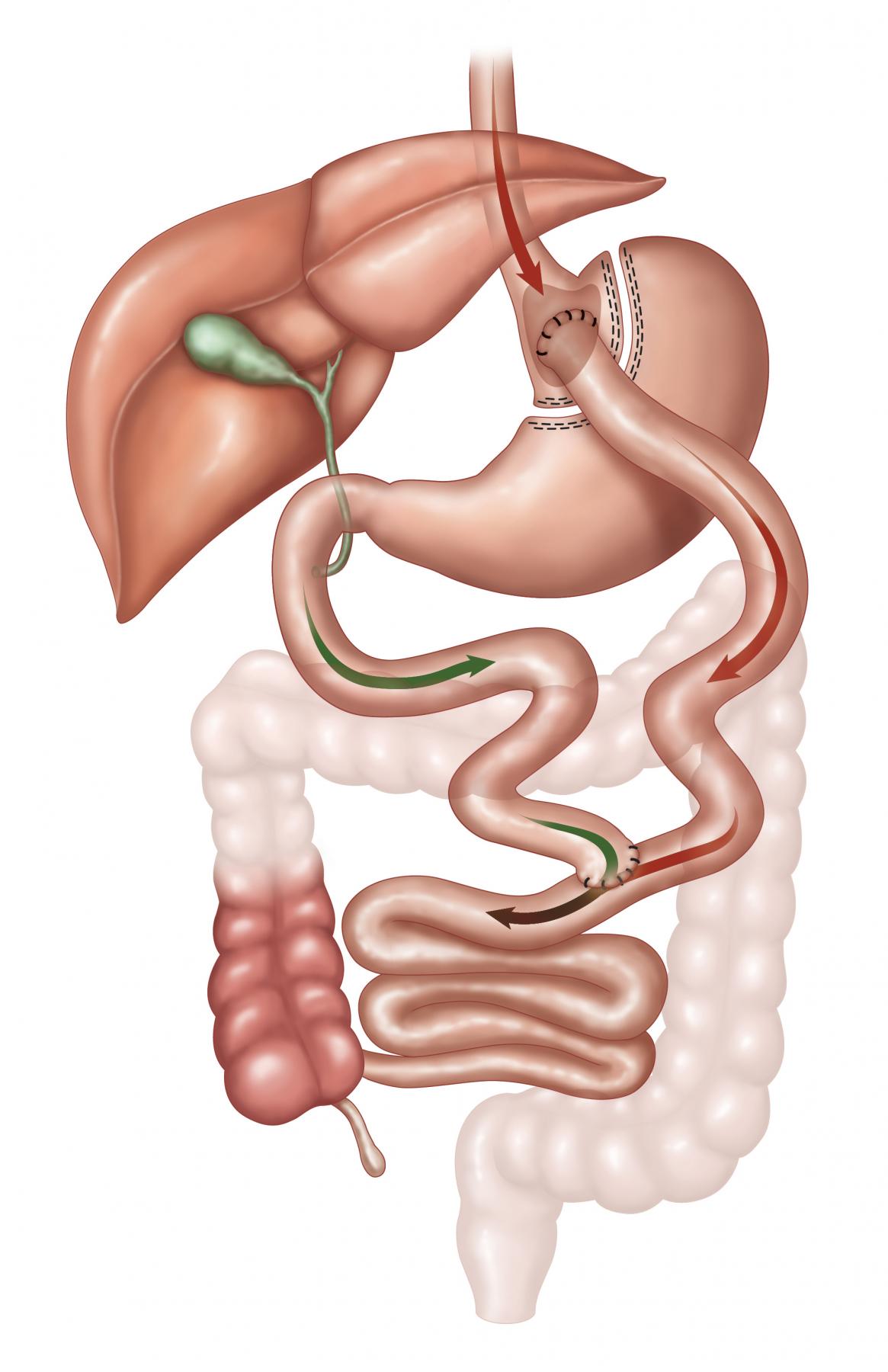





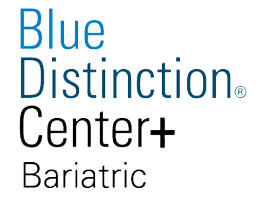

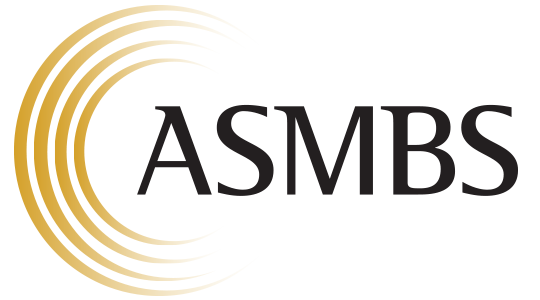


 Address: 1521 East 3900 South STE 100
Address: 1521 East 3900 South STE 100 Office: +
Office: +  Fax number (801) 268-3997
Fax number (801) 268-3997 Email: info@rmapinc.com
Email: info@rmapinc.com



